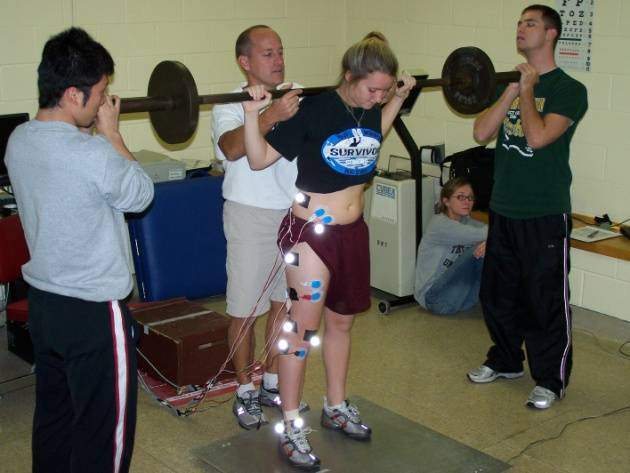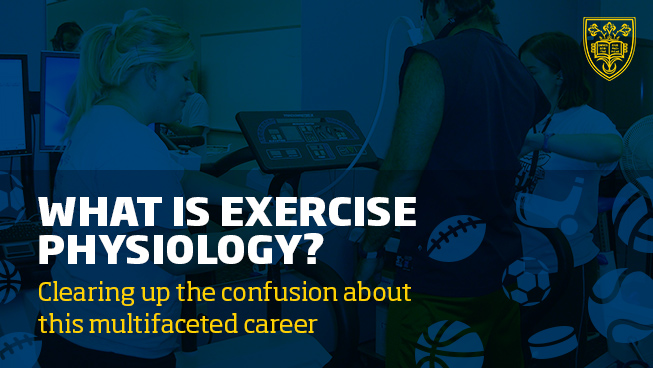Clinical Exercise Physiology Program - Ball State University - Questions
Hill and German doctor Otto Meyerhof shared the 1922 Nobel Prize in Physiology or Medication for their independent work associated with muscle basal metabolism. Building on this work, scientists started measuring oxygen consumption throughout workout. Noteworthy contributions were made by Henry Taylor at the University of Minnesota, Scandinavian scientists Per-Olof hair and Bengt Saltin in the 1950s and 60s, the Harvard Tiredness Laboratory, German universities, and the Copenhagen Muscle Research Study Centre amongst others.

Accredited Exercise Physiologists (AEP's) are university-trained professionals who recommend exercise-based interventions to deal with different conditions utilizing dosage response prescriptions specific to each individual. Energy expense [modify] People have a high capacity to expend energy for numerous hours throughout continual exertion. For example, one private biking at a speed of 26. 4 km/h (16.


5 W. Skeletal muscle burns 90 mg (0. 5 mmol) of glucose each minute during constant activity (such as when repetitively extending the human knee), creating 24 W of mechanical energy, and given that muscle energy conversion is just 2226% effective, 76 W of heat. Resting skeletal muscle has a basal metabolic rate (resting energy usage) of 0.
For brief duration muscular exertion, energy expense can be far greater: an adult human male when leaping up from a squat can mechanically create 314 W/kg. The Most Complete Run-Down can generate two times this amount in nonhuman animals such as bonobos, and in some small lizards. This energy expense is large compared to the basal resting metabolic rate of the adult human body.
The Buzz on Exercise Physiology - WVU School of Medicine - West Virginia
Overall energy expenditure (TEE) due to muscular used up energy is much higher and relies on the typical level of manual labor and exercise done throughout a day. Thus exercise, particularly if sustained for long periods, controls the basal metabolism of the body. Exercise energy expense associates highly with the gender, age, weight, heart rate, and VO2 max of an individual, during exercise.
The quick energy sources include the phosphocreatine (PCr) system, fast glycolysis, and adenylate kinase. All of these systems re-synthesize adenosine triphosphate (ATP), which is the universal energy source in all cells. The most quick source, however the most easily depleted of the above sources is the PCr system which makes use of the enzyme creatine kinase.